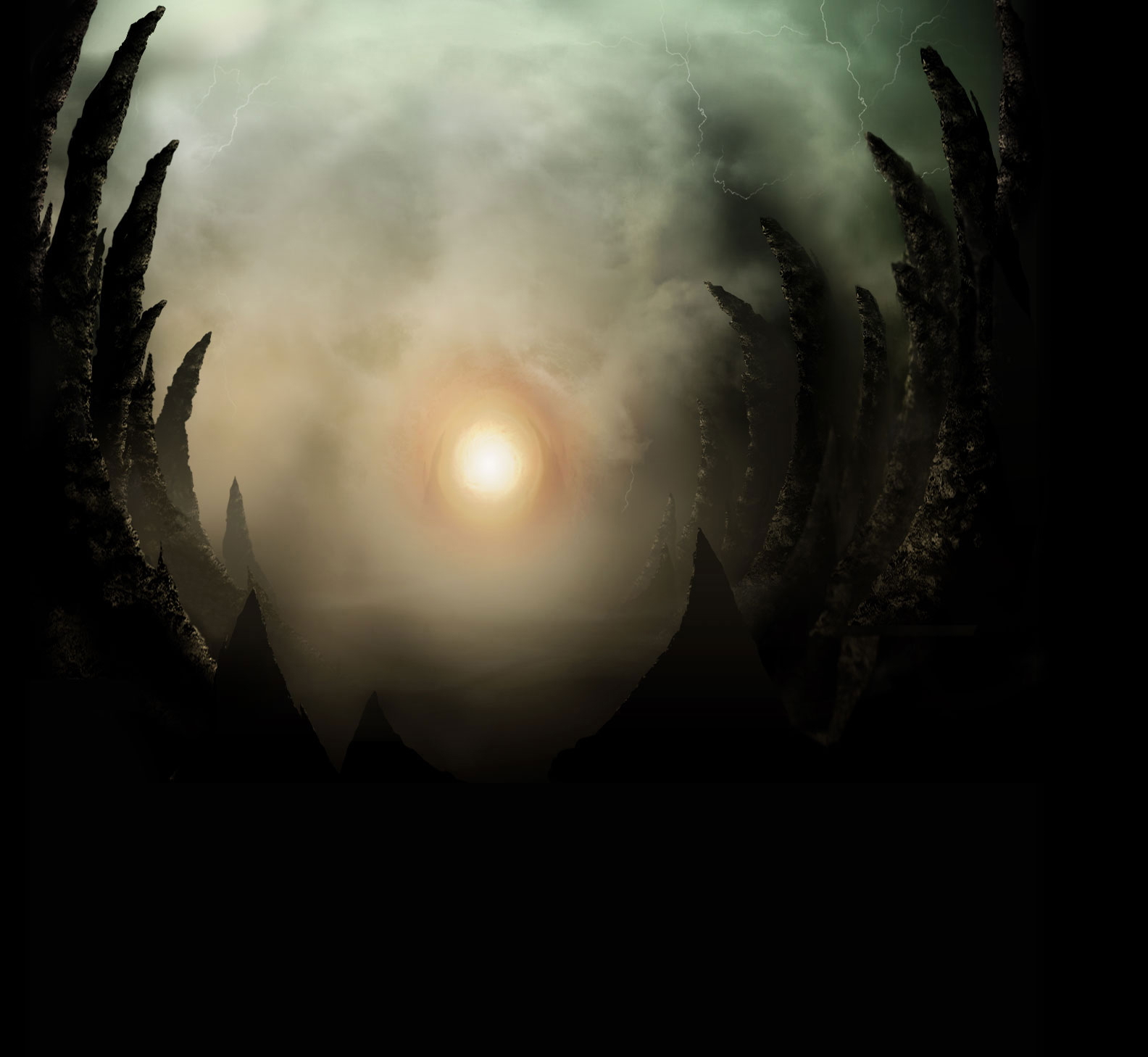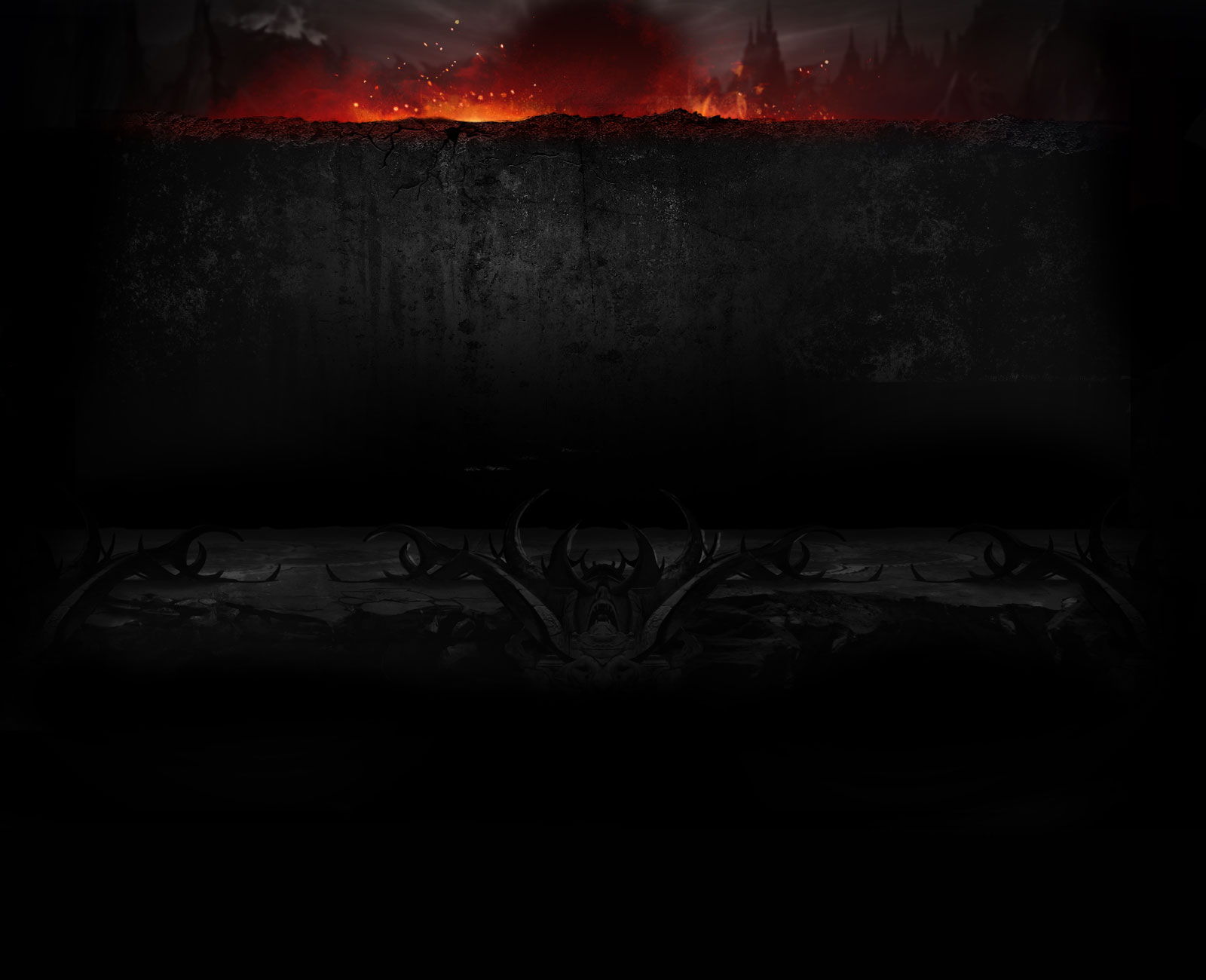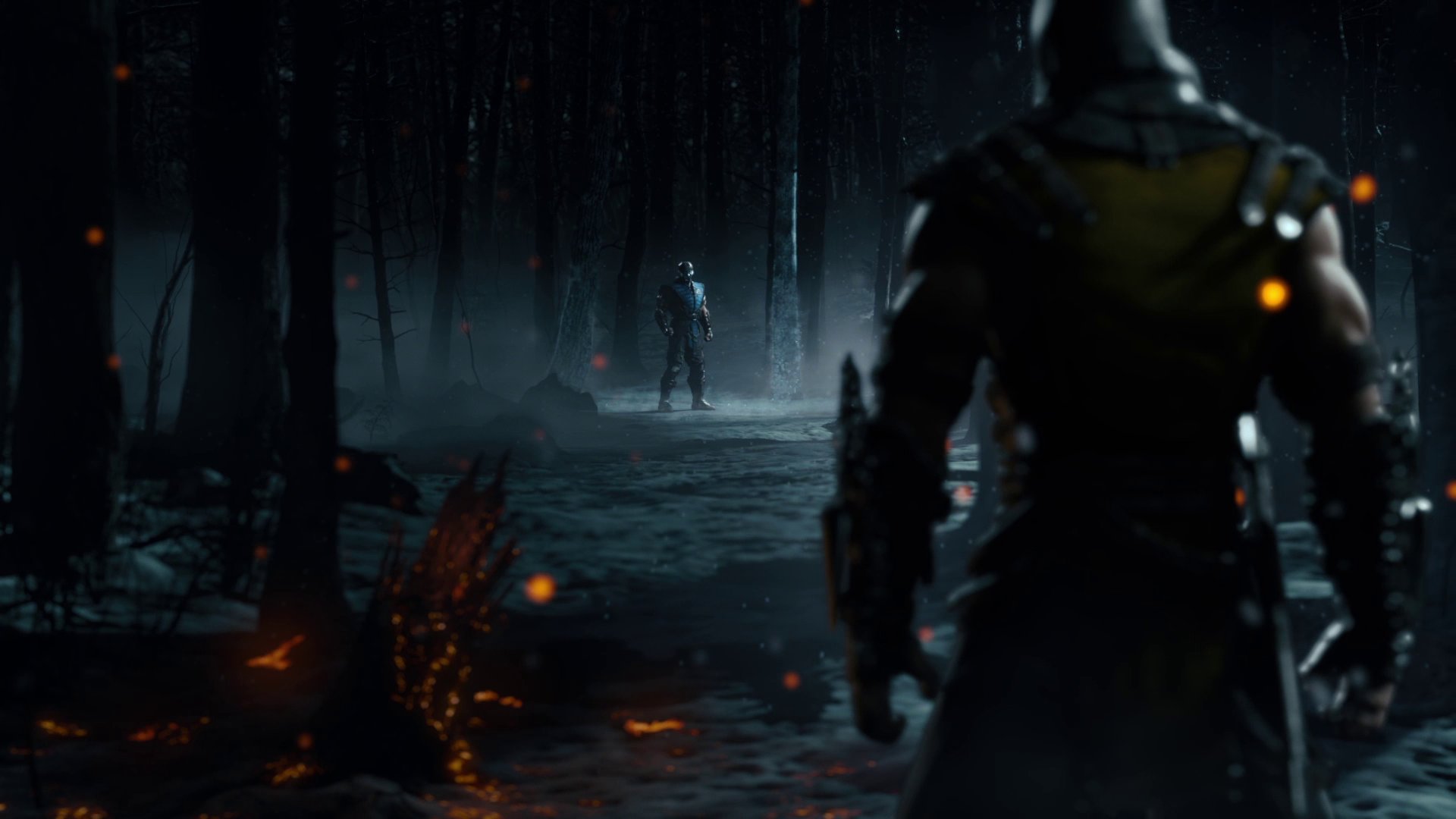Sounds like you're suggesting all we need is a proper ranking system where the people who just wanna have fun stay way there are and hardcore players partake in the grind of competition. I'd say Tekken and Street Fighter have had that for years yet fighting games still come nowhere close to Dota, LoL, Overwatch, ect.
I just think it's deeper than that. Devs should literally try something new instead of copying eachother thinking that incorporating that one piece the other fighting game has will be the thing that changes the landscape of their game being #1 and penetrate esports better than every other fighting game.
Personally, I think getting rid of notations and making most moves and strings more easily accessible will lower the floor of entry and maybe break new ground with current gamers. Then make the skill-gap in more nuance and obscure things such as movement and that might jostle some things.
That's what Rising Thunder was attempting. Too bad they were bought out.
Well, speaking of basic entry barrier, you are right. But it is not enough and Rising Thunder is a good example why.
The only distinguishable thing RT did is to get rig of non-single-button inputs. It drew some people in, but ultimately it was still rather hardcore FG that generated tons of salt and where skill curve of playerbase was not smooth at all.
Currently Fantasy Strike is trying to do the same (I recommend you folks to try it, btw), but goes deeper than just simplifying basic inputs. And it's still a super-niche game.
I think Slips is right: if you want some FG-like game to be more mainstream, you have to forget everything you know about the genre ans start anew. Chances are, though, that people who would try that are genuinely new to FGs and will go through all of the pitfalls FG devs went through in recent decades, alienating their playerbase in the process.
The example I want to give is actually not any of those FGs created "by fighters, but not for fighters" like RT or FS, but a game created by complete newbies to the genre: For Honor. It has a giant flock of issues, but ultimately I think there are a lot of things they did well in terms of attracting non-fighters. I think it may be worth analyzing what exactly devs did:
- Throwing away UI semblances with FGs and settling for more popular slasher looks: camera over the shoulder, controls typical for such 3rd person games etc., disassociating the product with (in)famous FG expectations and allowing devs some degree of creative freedom without being constantly bombed by criticism from FG gurus on how they have no idea what they are doing;
- Designing controls with a single principle in mind: simplicity. Indeed, that's also an important part. But it's worth noting that they did less of what Rising Thunder did (simplifying basic inputs, but not actual character functions like dealing damage / combos, mixups etc.), but more of what Fantasy strike did, where the system is simple enough that functions rarely go beyond 1-2 single-input moves in complexity.
- Downplaying importance of subtle interactions between characters that would otherwise open an impossibly wide gap between casuals and pros; I mean, yes, there are a lot of popular games which don't do that. Popular MOBAs, for one, are very complex and it's often hard to immediately tell a great player from a decent one. But those are team games with strategic layers and also need for some tactical sense... and also twitch execution requirements during action sequences. FGs would only have the latter and tiny bit of the second one. I'm not sure it's even possible to make a FG that is both deep and non-intimidating for a beginner who just ran into good player.
So, what gameplay elements are downplayed? Mostly stuff like importance of inches of movement, so footsies, then diversity of outcomes of different situations beyond like 3-4 possible scenarios etc. For Honor devs just stated their goal to focus on simple reactionary gameplay and mindgames and stick to that. Positioning still matters, but it's easier to move and what matters is not inches of strike ranges, but big things like whether you are aware of danger zones around you or not.
- Considerably slower pace and strong defense. 400ms attack (24 frames) is fastest you can get. To balance that, changing blocking stance is not instant, but takes 6 frames (during which you don't block at all). There are also 3 block levels instead of two, and almost every attack can hit any single one of those three. That means 400ms attack is still a threat/mixup, but match progresses slower. In addition, almost every action sets you to neutral (not necessarily +0 frame advantage, but rough "noone oppresses anybody" situation) with you opponent. Your fast attack is blocked? String stops, neutral. Your slow heavy strike is blocked, but you don't continue the string? Neutral. String opener hits and you deal damage? Well, it's not neutral, but opponent can still block next strike normally. Deal damage with a single hit attack? Well, you guessed.
To make this system work at all devs figured out a system of parries, startup cancelling into another move or into nothing (aka feints), plus extra layers of interactions (dodges, unblockables, throws, invulnerable frames etc.) but that's another story. Point being, no matter what, you almost never feel oppressed or setplayed to death - and this is when newcomers feel they can't even press any buttons, making things look unfair to them. This is avoided almost completely.
- Roster that uses roughly the same means to threat opponents. Or rather, no radical differences like rushdown vs. zoner. If someone can threat you, you probably can threat them in some way too. This goes with the previous bullet on "perceived fairness". There are exceptions, but basic philosophy usually applies. For example, there is a character with ranged option. But it's still susceptible to existing universal system of counters. Counter it properly (no different than with some normal strike/throw attack) - and poor sod gets dragged to you by his own chain, plummeting at your feet.
- Game modes to appeal to different people. Here you have 1v1 duel, 2v2 brawl, assortment of 4v4 modes (deathmatch variants, assault, point control - all time classics). They may or may not work accordingly to your vision, but you gotta figure something out and make it work
somehow.
Besides, ability to blame teammates, while doesn't reduce salt levels (and arguably increases them in the long run), allows losses to be less immediately impactful on one's willingness to play the game.
- AAA production value. Yeah, this is rough. But if you want big playerbase without catering to trendy genres (like it was with RTS in 199x, like it was with MOBAs like 8 years ago, like it was with Battle Royales just recently), you must compete for mainstream market, winning people who were not even sold to entire thrill of competitive gaming to begin with.
-----------
So, how's the result? Frankly, on release it was a mess. Devs with no experience in the field. Little to no second-hand experience in gamedev at large to borrow from. Very serious underestimation of what gamers with a little taste for competitiveness could do (basic defense in this game becoming impenetrable for most characters once playerbase at large slightly stopped sucking was the most noticeable issue of the period). All the while there were huge investments to cover, obviously. Then the usual: bugs, unintended "techs" and unforeseen tactics, all that good stuff.
To this day some issues of the game are still noticeable. It seems that 1.5 later devs are finally figuring out what makes FG (for what it's worth) good and fun at once, but we still have a roster (22 characters total) that consists of couple of highly viable one trick ponies, about 3 well-desinged characters that are actually good because of their design and not because they have a figurative "f23~breath", some characters that go from meh to being quite passable, but with them at least useful in team modes, and then quite some garbage characters that may or may not have similar redeeming qualities, mostly a remnants of game's early days when everyone sucked. But the game lives on, it sloooowly improves. It's playable. And it's fucking beautiful if you are into normie things (as opposed to preferring super distinctive, colorful and a bit crazy designs usual for FGs).
Is it truly successful and what am I trying to say here? How effective those measures ended up being?
Well, it attracted a lot of players that aren't into FGs. It did very little to appeal to FG vets (important part, isn't it?), but some played this game. It also lost a lot of playerbase to designers' inexperience (shoddy balancing is one thing, but devs having to figure out and sort out their own basic system first, that is after the launch, hurt the game a lot), occasionally shaky technical execution, lack of necessary features (still no spectator mode, so competitive play goes to hell; dedicated servers that were only recently added etc.).
This being Ubi, at this point they are quite proficient at salvaging and fixing their rushed projects (Rainbow 6: Siege and Division come to mind), but this only highlights the main problem with making a FG for non-fighters: you almost necessarily have to be rich company in order to afford dragging such projects, kicking and screaming, to a point where they are playable and decent, but rich companies may see such projects as blunders in terms of opportunity costs. So there's that.
Perhaps, some genial dev from small or even indie gaming world could pull that off, but I don't think there's a recipe of success on both game design and marketing fronts for them. It's hard for such devs. And, to repeat myself, you need to be successful at marketing to obtain playerbase that is big enough to fill every bracket of skill level. And you need to be successful at game design to keep in there. Which I think was what we were talking about.






